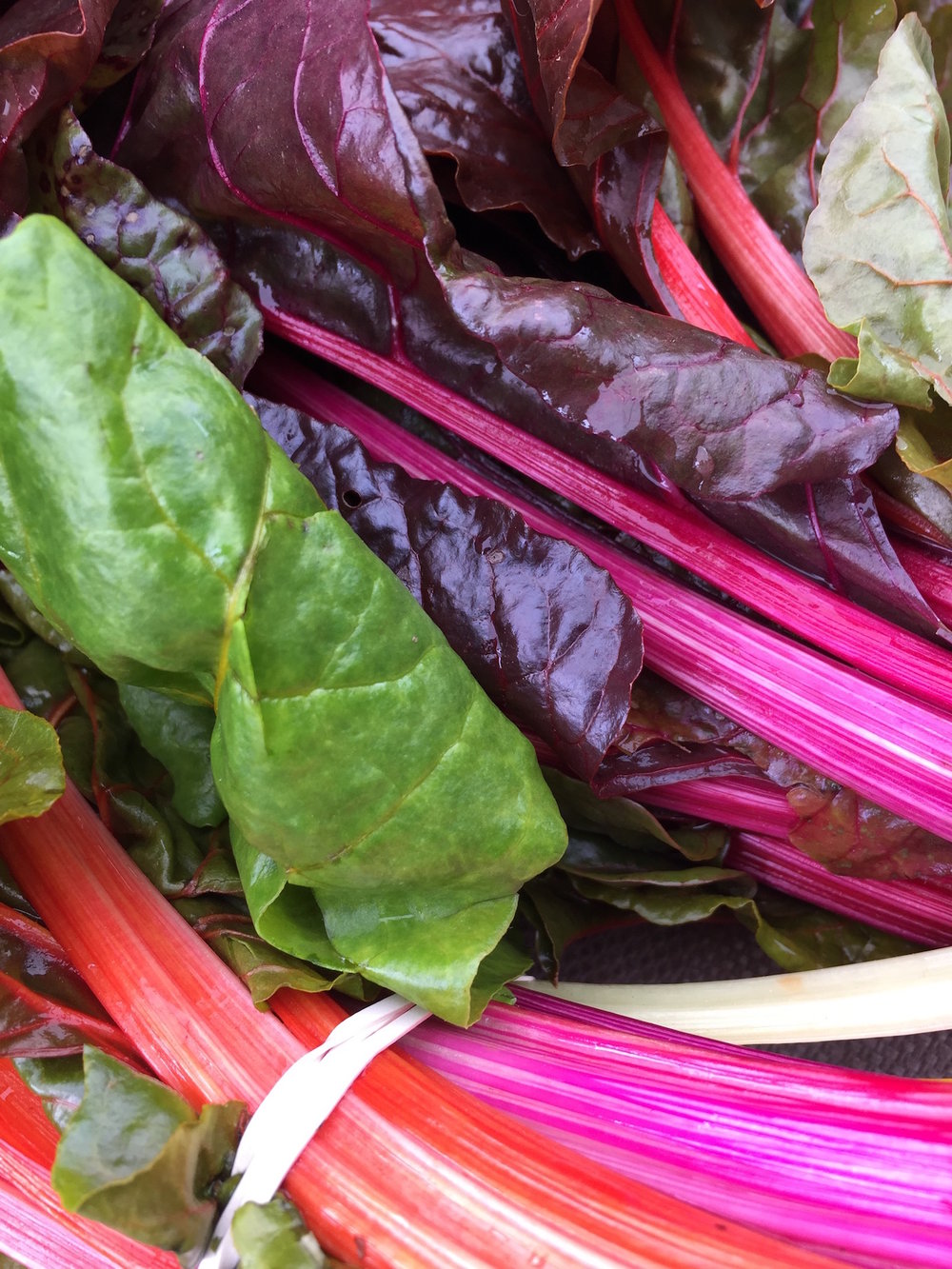
I don't know about you, but while I love having choices and possibilities, too many can make me feel overwhelmed, stressed, anxious or distracted. There's a reason why most marketing strategies revolve around offering only three options or why consumers opt for three bids on home improvement projects. We want choices. We want enough information, but we don’t want to be overwhelmed by an overabundance of possibilities.
Think about the grocery store's cereal aisle. Talk about options. Not only are there hundreds of cereal types and flavors available, but also each type is available in many sizes. Unless you know what you want, just selecting a box of cereal can be intimidating.
What about when you're trying to organize, downsize, or let go of the thousands of things that you're emotionally attached to? Progress includes the many decisions we will make. It’s not just about what to keep or let go of, but why and where to keep our things or how and where to let go of them.
When possibilities abound and include variables that we have little to no control over, it becomes especially challenging to make decisions. So what can you do?
5 strategies that are particularly helpful when you’re struggling with decision-making
1. Find Sounding Board Buddy
It helps to have a good listener to talk through your options. The process of talking out loud can help you clarify the options. An added benefit is that your buddy might notice something you hadn't considered or ask a question that unblocks your thinking.
2. Exercise Flexibility
I mentioned earlier that we don’t have control over all of the circumstances surrounding the possibilities. The ability to have a plan or two while remaining flexible can help. When you are moving towards uncharted territory, you can't know with certainty the affect your decisions will have on the outcome. Remaining flexible let’s you choose more freely.
3. Identify Elements in Your Control
There are variables with all decisions. Some of those factors are within your control and most are not. Focus on identifying the parts you have complete control over. Work to resolve them. Move forward from there.
4. Sleep On It
There's nothing like a good night's sleep to help the brain relax. Sleep is a natural reboot for the mind and body. Waking up in a restful, ready state will help you approach the new day with clarity of thought.
5. Decide, Then Let Go.
Choosing a path or making a decision is the work. It's the stressful part. Once you make your choice, breathe deeply and then let go of the outcome. Experience and live with the outcome for some time. If it isn't working, you can re-evaluate based on the new circumstance, and make the next decision.
I'd love to hear your thoughts. What are helps you navigate the multitude of possibilities? Come join the conversation.










